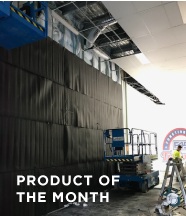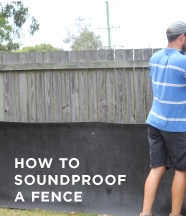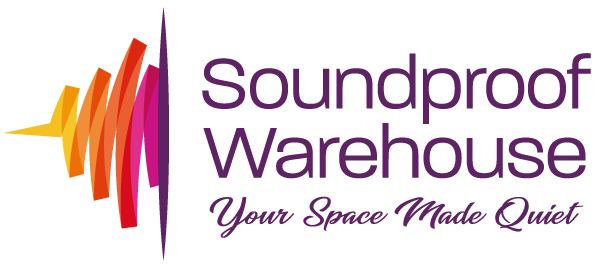Do you know how to soundproof house from airplane noise? Did you know that the new Brisbane Airport runway has reached completion? On July 12 2020 the official Brisbane Airport runway opening seemed like it “flew under the radar”. Because COVID-19 regulations had barred international flights, the new infrastructure (officially known as “Runway 01L/19R”) opened under uncharacteristically quiet skies.
Presumably, when these restrictions lift there will be a significant amount of clamouring. No less from the local residential and business communities in their complaints about the ensuing noise.
Therefore, what do you need to know about noise pollution from the Brisbane Airport second runway and how might soundproofing solutions help you?
How much noise can we expect from the 2nd runway?
The capacity of the Brisbane Airport runway has now doubled and is the greatest amongst all of Australia’s capital cities. In fact, it’s projected that the new 3300m x 60m runway will have raised the airport’s overall capacity from 227,000 aircraft movements per annum to 360,000 by the year 2035.
There’s certainly a lot of traffic arriving and departing from the one location, and significantly more noise! Also, with the introduction of new flight paths over Brisbane, there’s a bit of uncertainty as to exactly who will be affected and how.
With the runway infrastructure yet to maximise anything close to its capacity, now is the time to research flight paths (you can access this BNE map) and also to potentially prepare yourself with professional soundproofing products.
What is the definition of noise pollution?
Noise pollution is defined by Encyclopedia Britannica, as “unwanted or excessive sound that can have deleterious effects on human health and environmental quality.” However, how much noise is too much? Perhaps a better question might be the following.
How do we measure noise pollution?
- The decibel level (dB). The unit of measurement for the pressure of sound.
- The frequency of sound (Hz). Otherwise known as the pitch, which is measured in the number of vibrations counted per second.
- The period of time a noise continues, i.e. the duration of exposure. This will affect the impact of the sound on the person who hears it.
How many decibels does a jet produce?
The noise of jet planes during take-off is generally equivalent to 150 dB. This is enough to cause eardrum rupture at close proximity.
While we don’t expect you’ll ever stand on the tarmac directly underneath aircraft as it propels into the sky, we can imagine that being exposed to this type of noise for prolonged periods (aircraft coming and going day and night) is an issue that’s in your interest to pay attention to.
This is especially worrying if you’re an owner/investor with a property located within the vicinity (approximately a radius of 10km) of Brisbane’s Domestic and International Airports.
It is also a concern for local businesses, especially hotels and motels close to Brisbane Airport. At the end of the day, noise pollution is a problem that no one is immune to. If you’re someone who feels especially sensitive to noise, you might like to check out this article on Misophonia.
You can find out more insights into sound pressure levels here.
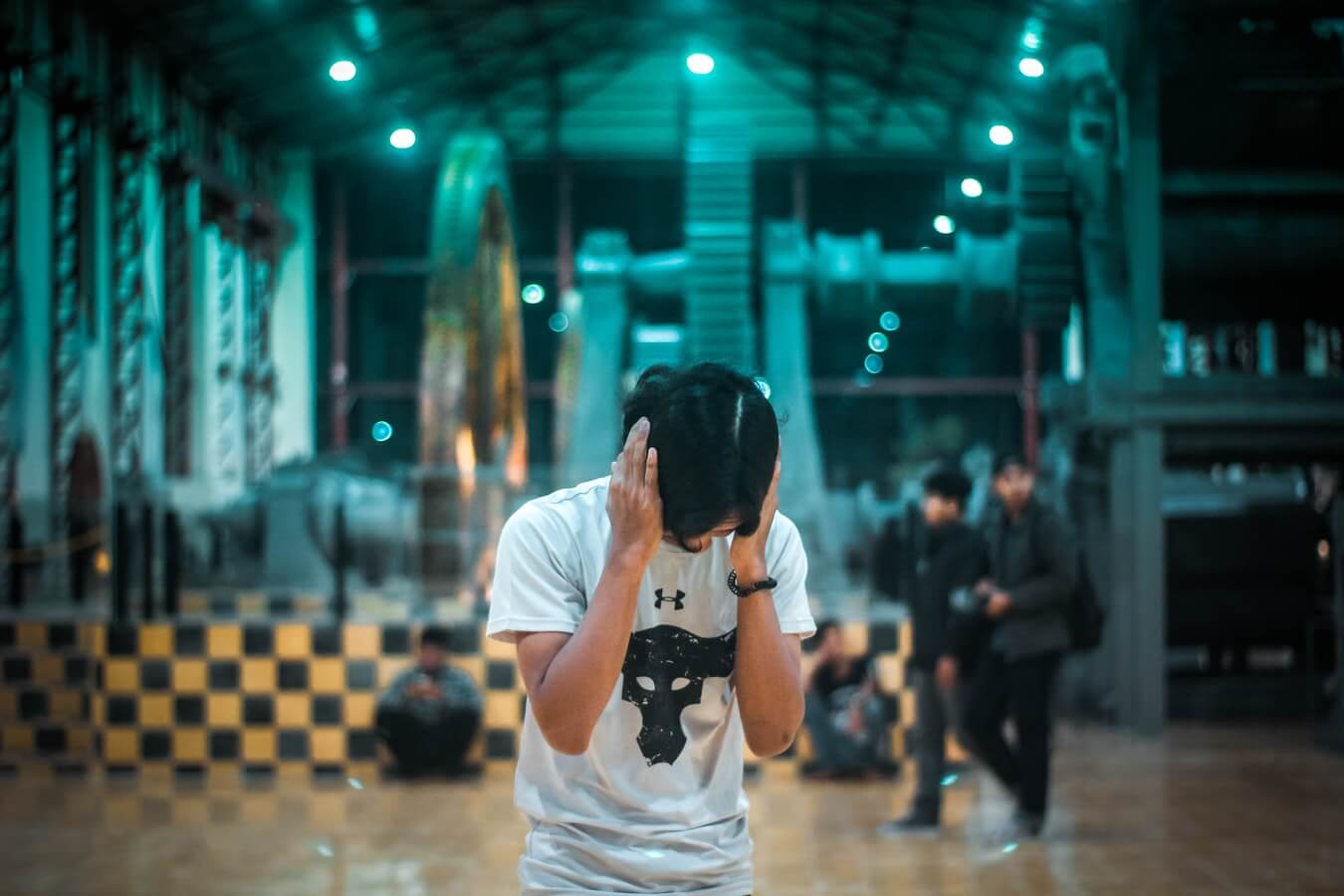
The impact of noise pollution
Excessive and prolonged noise can not only hurt your eardrums and cause you to ‘flip-out’, but it also has several run-on effects that can impact daily life. The impact of noise pollution is an issue that’s addressed in many publications and information outlets around the world.
The World Health Organisation (WHO) released a report in 2011 titled ‘Burden of disease from environmental noise’. This seminal document summarises evidence on the correlation between environmental noise and health problems. It was collected from study participants over a 10-year period and lists a host of possible health-related concerns, ranging widely in their particular nature and severity.
What the study proves is that for people who live or work in loud environments, there is a barrage of potential susceptibilities and impairments.
What are the effects of noise pollution on humans?
- Stress/annoyance
- Sleep disturbance
- Poor concentration/cognition (often due to lack of sleep)
- Low birth weight (for newborns)
- Tinnitus
- Heart disease
- High blood pressure
You might ask: how can we solve noise pollution? Before we address this in full, we’ll need to explore the source(s) of noise pollution to get to the root of the problem.
Keep in mind, it’s helpful to know you can reduce the impact of noise pollution, with items such as sound barriers, sound absorbers and sound diffusers when installed at close quarters.
Explore Soundproofing Products
The sources of noise pollution
An influx of noise can come from a variety of sources. But how is noise pollution created? The WHO report of 2011 identifies the following:
- Planes
- Train
- Vehicles
- Other city sources
Another resource from the Australian Academy of Science uses the results of this research and other important studies to show how environmental sources of noise — especially when experienced continuously — can affect our physical and mental health. This is exacerbated by a number of factors that relate to the characteristics of modernity.
The unstoppable force of progress, particularly in overgrown urban areas, makes it incredibly difficult for most of us to fully escape from the impact of noise pollution.
After all, modern urban centres are where a great deal of us work and live. However, while we might spend a significant amount of our lives in locations affected by noise pollution there are ways to reduce the impact.
There’s some good news in the fact that there are a variety of methods available to help mitigate loud persistent noise and its negative effects.
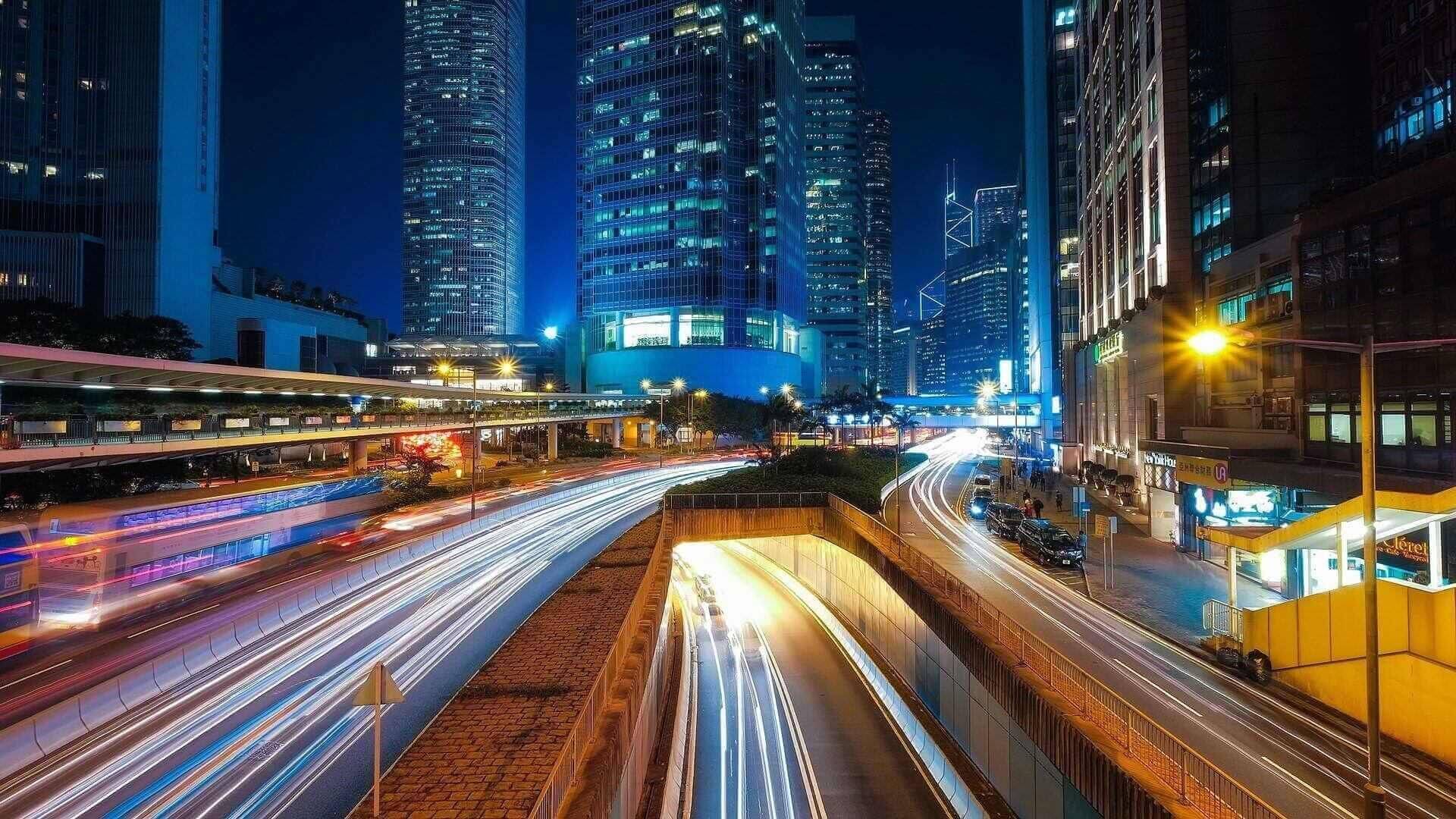
How might soundproofing solutions help you?
The aforementioned Australian Academy of Science goes on to explain (in an article by Marion Burgess from the Acoustics and Vibrations Unit and the University of NSW) that we can, in fact, reduce noise pollution — given a few key implementations.
What are some control measures of noise pollution?
- Better urban planning
- Improved building methods
- Effective product design, eg. development and installation of noise barriers and similar soundproofing products.
While we are not town planners or architects here at Soundproof Warehouse, there is one thing that we know well. That’s all things noise barriers and a variety of quality soundproofing solutions.
What are sound barriers?
Sound barriers (also known as noise barriers), function by impeding the direct path of sound waves. They force them to travel over or around this barrier. As they do so, these sound waves “bend back” towards the receiver. Therefore, you can see the placement of the barrier is critical in providing your best achievable provision of noise reduction.
Noise barriers are an excellent solution for reducing noise from roads, railways and industrial sources.
Our Soundstop 5 is great for blocking out any noise that comes from external sources, so it’s the perfect solution for increased traffic noise (and that takes into consideration aircraft movements from the newly added Brisbane airport runway).
We can help transform your home into a quieter building. This is in terms of both interior and exterior soundproofing applications. Let’s show you how.
At Soundproof Warehouse, we understand that you might be concerned about noise pollution arising from the development of Brisbane’s new airport runway. We’re always working hard to offer solutions to lessen the impact of harsh and prolonged noise issues for our community.
~
We have suggested some soundproofing solutions and their subsequent installation instructions in this article which we hope will help you. Our team is always happy to provide recommendations based on your personal circumstances. You can also review our learning hub for more handy hints.
Give us a call on 07 3287 7647. You can also opt to complete our short contact form and we will get in touch with you shortly.
















